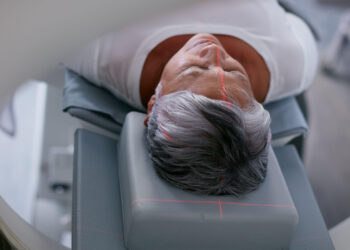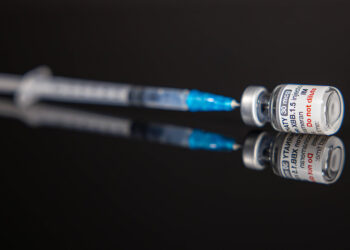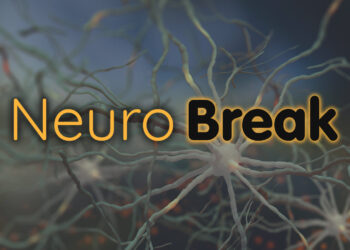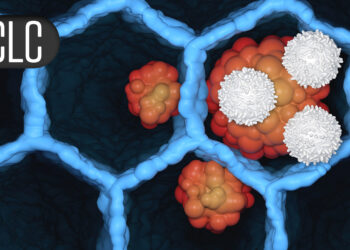TOPLINE:
Even in the absence of hunger, mice increased their sucrose diet intake after observing their peers eat. This effect was abolished by the inhibition of dopamine receptors.
METHODOLOGY:
- Previous studies in humans have shown a significant association between external eating behaviors and watching eating shows, but this has not been confirmed in a mouse model.
- This study examined whether satiated mice, despite not being hungry, increased their food intake when watching a peer engage in binge-like eating behavior.
- A total of 14 male mice were divided into two groups: One group was either fed or fasted overnight before testing, and the other group was always fed before testing.
- Mice were paired according to genetic and parental information and placed in separate but adjacent chambers for interaction without physical contact. Food intake was recorded hourly for 4 hours across different days, using chow, high-fat, and sucrose diets.
- In a follow-up experiment, the group of mice that was always fed before testing received intraperitoneal injections of saline, a D1 dopamine receptor inhibitor, or a D2 dopamine receptor inhibitor prior to testing.
TAKEAWAY:
- Satiated mice increased their sucrose diet intake during the first hour while watching peers that had fasted eat, with significant increases noted in both the initial and repeated tests (P = .0043 and P = .0154, respectively).
- No significant increase in chow or high-fat diet intake was observed when satiated mice watched peers that had fasted consume the diets.
- The increase in sucrose intake persisted after saline injection (P = .0057) but was abolished after the administration of the D1 or D2 dopamine receptor inhibitors.
IN PRACTICE:
“Establishing this animal model provides a foundation for future studies on the neurobiological mechanisms underlying cognitive-driven food intake and may contribute to the development of targeted therapeutic strategies for obesity,” the authors of the study wrote.
“This animal model opens the door to developing new treatments that target the brain’s reward system to help prevent or reduce overeating,” Yong Xu, PhD, MD, professor and associate director for Basic Sciences at the Children’s Nutrition Research Center, Baylor College of Medicine, Houston, said in a news release. “It also supports public health efforts that aim to limit the influence of visual food cues in media and social settings, which could help people better manage their weight and eating habits.”
SOURCE:
The study was led by Xu Xu, MD, Baylor College of Medicine, Texas Children’s Hospital, Houston. It was presented on June 14, 2025, at the ENDO 2025: The Endocrine Society Annual Meeting in San Francisco.
LIMITATIONS:
No limitations were discussed in the abstract.
DISCLOSURES:
No disclosures or conflict of interest statements were provided.
This article was created using several editorial tools, including AI, as part of the process. Human editors reviewed this content before publication.
Source link : https://www.medscape.com/viewarticle/watching-peers-eat-can-trigger-overeating-says-mouse-study-2025a1000ixj?src=rss
Author :
Publish date : 2025-07-17 06:50:00
Copyright for syndicated content belongs to the linked Source.














